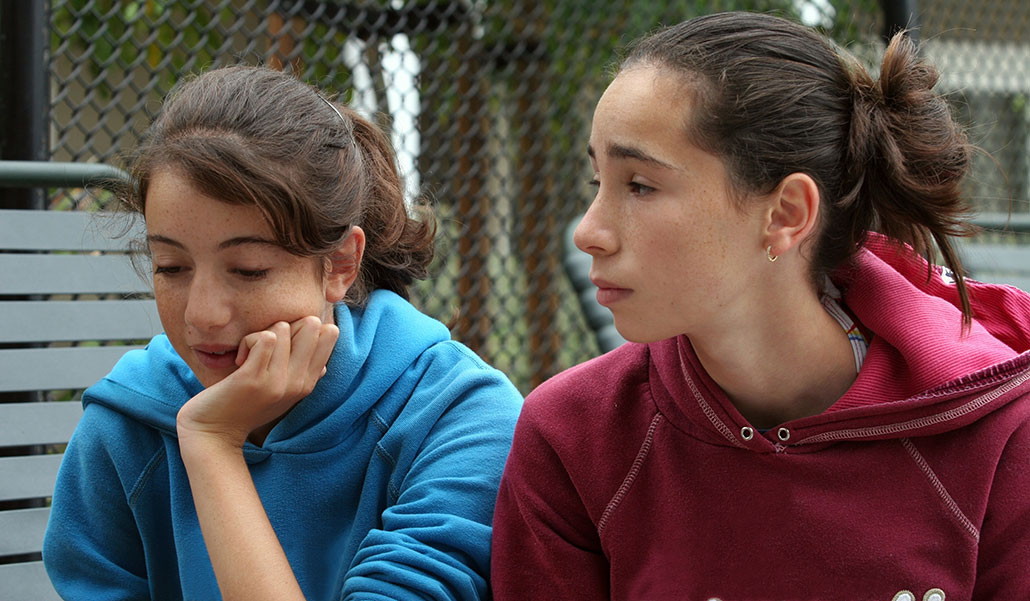Five tips to consider when dating goes wrong
These pointers can help you identify signs of trouble and when it’s time to seek outside help

When dating takes a wrong turn, painful times may lay ahead. Sometimes figuring out what’s next may require outside help, experts say.
alexxx1981/iStock/Getty Images Plus
The first blush of romance is usually filled with heady excitement. That likely will not last. Many long and healthy relationships can settle into a more routine give-and-take over time. What it should not evolve into is fear and pain. Yet many dating relationships take a wrong turn that can become mean, ugly or scary. If this happens to you, do something. Reaching out for help can offer a needed lifeline, notes Maya Ragavan. She’s a pediatrician in Pennsylvania whose research has specialized in understanding dating violence and domestic violence.
If you suspect you may be in an unhealthy relationship or something doesn’t feel right:
Call 1-866-331-9474
Text “LOVEIS” to 22522.
Use love is respect’s live chat.
Sometimes even breaking up can be “very challenging — and very dangerous,” notes this doctor. She works at the University of Pittsburgh School of Medicine and UPMC Children’s Hospital of Pittsburgh. Yet even when a relationship goes bad, she adds, “you’re not alone.” People are out there who will help you.
And if you think you may have hurt someone that you have dated, then you, too, need to reach out for guidance on how make changes, says Laura Voith. She’s a social welfare expert at Case Western Reserve University in Cleveland, Ohio. Contact the love is respect hotline or ask a trusted adult about how you can chart a new course. After all, everyone should want healthy relationships.
Just don’t wait until it’s too late. When a dating relationship that you or a friend is in seems in trouble or headed in that direction, take immediate steps to steer it on a healthier course.
For instance:
Be a good friend. Perhaps you suspect a friend is in a harmful relationship. Or, maybe things seem fine — until the friend tells you they’re not. Either way, Ragavan says, “offer a lot of support without judging or placing blame.”
And be willing to believe your friend, even if you liked the person they say has been abusive. It takes courage for teens to tell others about dating violence. “Listening is the most important thing you can do,” adds Erika Kura. She’s a graduate student at Case Western.
Talk with your parents or another trusted adult. Don’t wait until something bad happens. Good rapport now may help you later. If you don’t want to discuss your own dates, talk about examples from TV or movies, Ragavan suggests. And if you can’t talk with your parents, find some other trusted adult. That might be a teacher, a friend’s parent, your doctor or someone else.
When in doubt, reach out. If there’s one thing you should take away from stories such as “Prevention programs can help reduce teen dating violence,” it’s to trust your gut. Don’t wait until it’s too late. If it feels wrong, it’s likely abuse. If you suspect you may be in an unhealthy relationship and just aren’t sure, call 1-866-331-9474 or text “LOVEIS” to 22522. Or, use love is respect’s live chat. Each can connect you with people trained to offer support in helping you identify the difference between healthy relationships and dating abuse.

Resist impulsive urges that can harm your health. During a bad relationship, it may feel like nothing you do can make things worse. Except that’s not true. The adolescent brain is still rewiring itself as you move from childhood to adulthood. Those “under construction” zones include the part of the brain that puts the brakes on impulsive behaviors. That’s one reason why using drugs in adolescence increases the chance someone will become addicted or suffer mental problems into adulthood.
Studies have also shown that teen drinking can actually make it harder to cope with stress. And rising hormone levels during adolescence can limit the brain’s ability to process emotions responsibly. One study found that especially complex emotional situations — such as being bullied, seeing parents divorce or perhaps undergoing a breakup — can make teens more vulnerable to reacting impulsively.
Finally, take a stand. “Young people have a lot of power to make a difference,” Ragavan says. Help raise awareness about dating violence at your school. Take part in a prevention program if your school offers one. If it doesn’t, push for your school to start a program on healthy dating relationships.
Also speak out against bigotry in all its forms, including sexism and disrespect of people who are LGBTQ+. Such attitudes promote nasty behaviors toward others. And those attitudes, Ragavan argues, help let dating violence persist.







